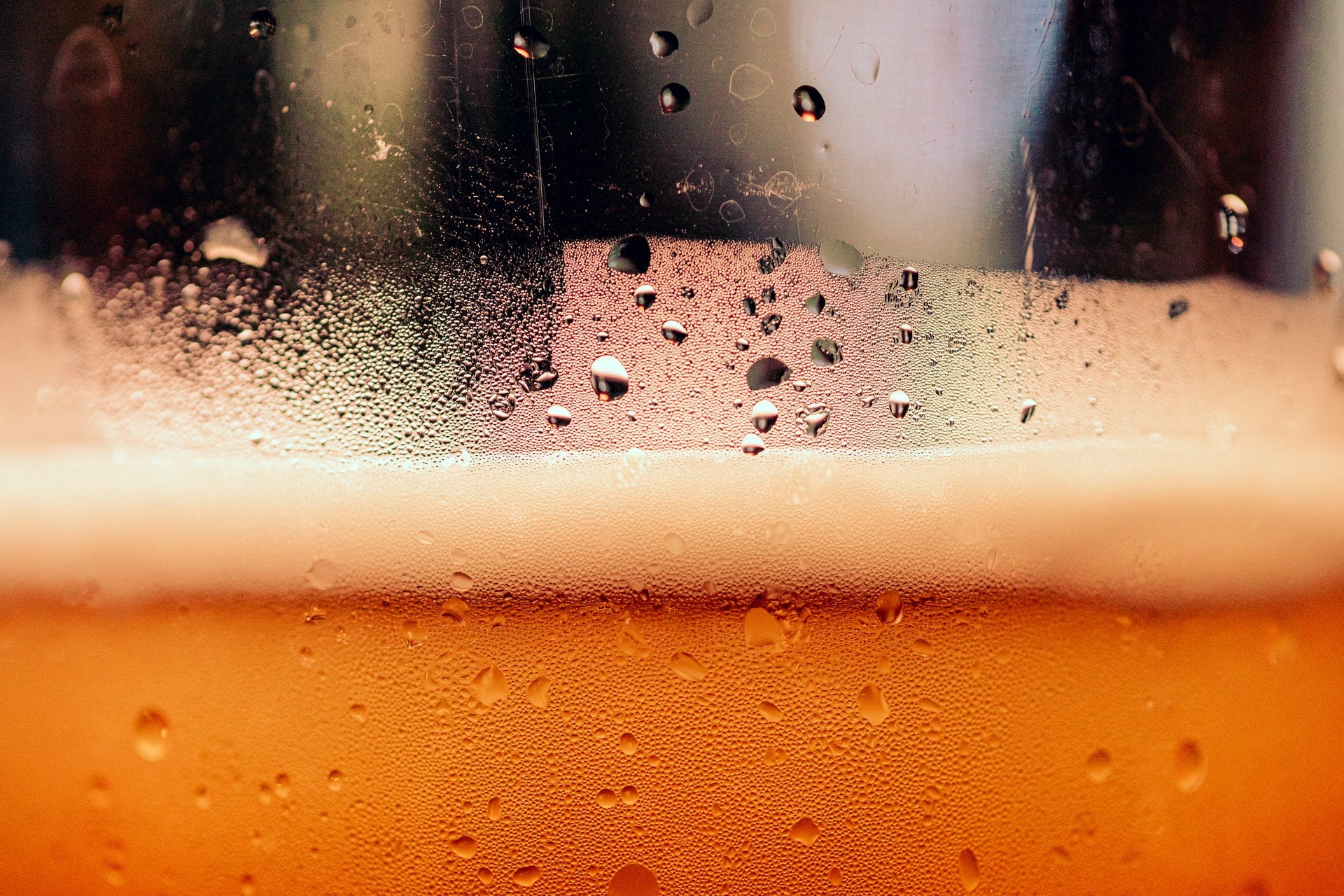I created our B-Complex supplement, Energi+ originally with alcohol recovery in mind, as it is something quite relevant to my own life. I also studied all of the B complexes out there, and always found flaws in them. Most often it was the wrong forms of the B vitamins, like Thiamin HCl instead of a more bioavailable version such as Benfotiamine, or Niacin instead of Niacinamide, Folic Acid instead of L-5-Methylfolate, or a less active version of B12 instead of adenosylcobalamin - the active form used in the Kreb's Cycle.
Below are a couple of studies I've come across that demonstrate a connection to B vitamin deficiency and alcohol-related problems.
The relationship between alcohol and Thiamine has long been established.
For a long time, thiamine has been used in hospital setting to treat Wernicke-Korsakoff Syndrome which is alcohol induced nervous system damage.
Newer research, applied to our knowledge of physiology, provides us with new ideas why B1 might be so important to replenish after alcohol use.
1. Vitamin B1 deficiency a key factor in the development of alcohol-related dementia.
- Hypothesis describes the role of iron deposits in the brain as the cause of dementia in alcoholics"...the cognitive deterioration is caused by iron deposits in the brain but the administration of vitamin B1 could protect the brain from these deposits. These deposits can also be detected in specific regions of the brain (including the basal ganglia) in people who drink a lot of alcohol. The hypothesis advanced by the study authors now also offers an explanation as to why iron deposits are so prevalent in this patient group: high alcohol consumption results in elevated iron levels in the blood and also to vitamin B1 (thiamine) deficiency, which, among other things, is important for maintaining the blood-brain barrier. If these two situations coincide, more iron will be deposited inside the brain, ultimately leading to oxidative tissue damage."
2. Thiamine mediated reversal of left ventricular dysfunction in patients with alcoholic cardiomyopathy
- This study shows that relatively low dose B1 can partially reverse damage done to the heart muscle resulting from chronic alcohol use.
“…They were treated with 3 days of intravenous (IV) therapy with thiamine (200mg daily) followed by oral supplementation. The researchers found that the average mount of alcohol consumed was 60-110g / day over a mean duration of 14 years. LVEF was 30% at baseline, which improved by 45%-53% along with reduction in LV dimensions over at 3 and 6 months respectively.”
3. Benfotiamine and Cognitive Decline in Alzheimer's Disease: Results of a Randomized Placebo-Controlled Phase II: a Clinical Trial
- Not alcohol related - but Alzheimer's can be deemed diabetes of the brain. Meaning the brain cant use its primary energy so the brain can't utilize it's primary source of fuel (glucose) and gets stuck in a damaging and inefficient metabolic process including fatty acid oxidation. Benfotiamine significantly improved the glucose metabolism, which in turn reduced the cognitive decline in the patients. This could be a very important piece of the puzzle."Among those who took benfotiamine, CDR scores were significantly reduced (by 77%), relative to placebo, again indicating a slower rate of functional decline. Select measures of glucose metabolism improved significantly in the benfotiamine group".


